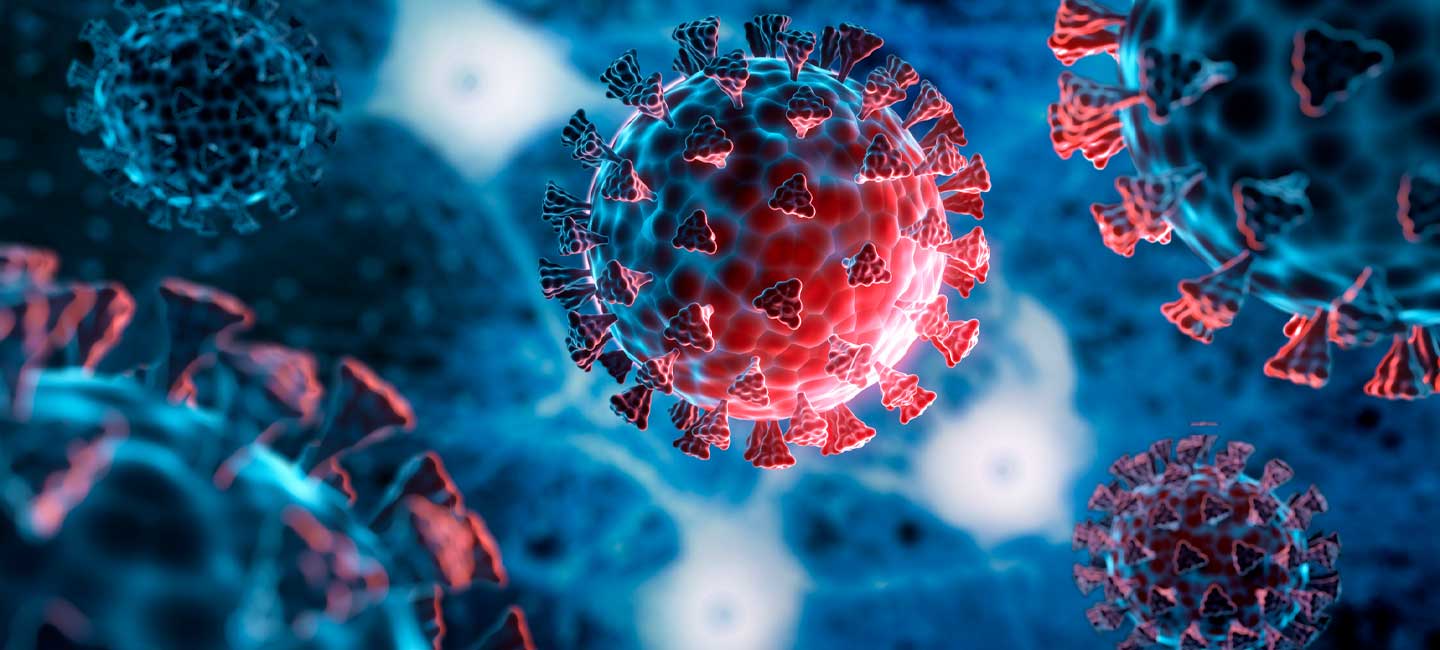COVID-19 Still a Risk for Patients with Cancer as Cases Rise
As a number of Florida counties have gone from low to high COVID-19 transition levels, patients with cancer need to be extra diligent when it comes to preventing infection. Recent studies looking at how COVID affects these populations spotlight just how vulnerable patients could be.
The monoclonal antibody drug Evusheld appears to be less effective against the omicron variant of the COVID-19 virus in patients with hematologic cancer, according to research published in Cancer Cell.
Online Now: Activity of AZD7442 (tixagevimab-cilgavimab) against Omicron SARS-CoV-2 in patients with hematologic malignancies https://t.co/44ZkhjSt17
— Cancer Cell (@Cancer_Cell) May 16, 2022
Researchers found that a single 150 mg dose was effective against wild-type COVID-19 but not the omicron variant. The current recommended dose, 300 mg, seemed to be more effective against omicron than the 150 mg dose, but results varied.

Dr. John Greene, Infectious Diseases Program
“Monoclonal antibodies are intended for patients to prevent severe COVID illness, but with the omicron variant, vaccinated and immunocompetent patients are having milder symptoms. And given the highly contagious nature of this variant, we’re seeing more cancer patients testing positive for COVID,” said Dr. John Greene, chair of the Infectious Diseases Program at Moffitt Cancer Center. “While it is still unclear how effective monoclonal antibodies are against the newest variant, antiviral medications can work for all variants. At Moffitt, we are evaluating the best treatment for our COVID positive patients given their immunocompromised status.”
Evusheld was authorized by the U.S. Food and Drug Administration for emergency use in people age 12 or older who are severely immunocompromised. However, the product was authorized before the evolution of the omicron variant.
Another study recently published in PLOS One found that patients diagnosed with cancer more than a year before contracting COVID-19 and those not receiving active treatment may be no more vulnerable to worse COVID outcomes than those without cancer.
Online Now: Activity of AZD7442 (tixagevimab-cilgavimab) against Omicron SARS-CoV-2 in patients with hematologic malignancies https://t.co/44ZkhjSt17
— Cancer Cell (@Cancer_Cell) May 16, 2022
“The results are unsurprising since a newer cancer diagnosis means those patients are likely on some form of immunosuppressive therapy,” said Greene. “However a year later the cancer has been treated and the immune system has likely recovered significantly.”
According to Greene, being immunocompromised from cancer treatment contributes to an increased risk of hospitalization and death from COVID infection. Many patients with bone marrow transplants and hematologic malignancies often have worse outcomes than solid tumor patients because they are more immunosuppressed, but they’re not the only ones.
“Lung cancer patients can also have COPD or emphysema, making them a high group for bad COVID outcomes,” said Greene. “Liver and pancreatic cancer patients also tend to have worse outcomes but the reasons aren’t clear just yet.”



